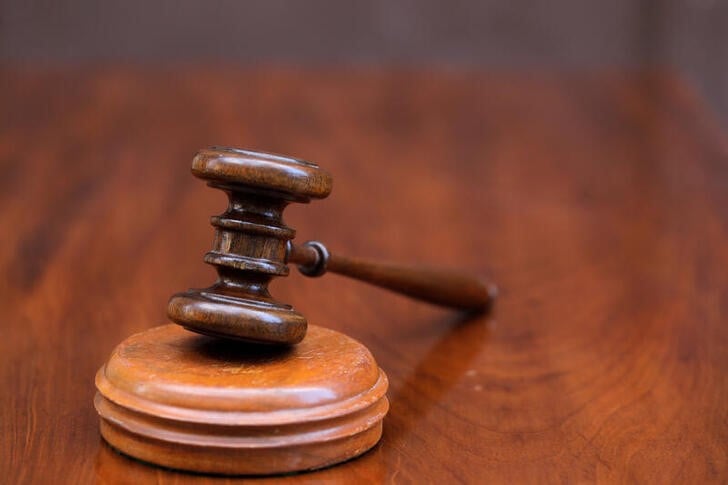TRENTON, NJ — Attorney General Matthew J. Platkin and the Division of Criminal Justice (DCJ) have unveiled a significant crackdown on unemployment fraud, resulting in charges against 20 individuals for collectively stealing more than $1.1 million from New Jersey’s unemployment insurance trust fund. This operation was a collaborative effort between the DCJ Worker Protection and Fair Labor Enforcement Unit and the U.S. Department of Labor’s Office of Inspector General.
The accused individuals allegedly engaged in fraudulent activities to receive state and federal unemployment benefits they were not entitled to, with some cases involving identity theft. The amounts fraudulently claimed ranged from $13,000 to nearly $100,000 per defendant, totaling over $1.1 million.
The initiative underscores New Jersey’s commitment to safeguarding taxpayer resources and ensuring unemployment benefits reach those genuinely in need. The DCJ and federal partners vow to persistently investigate and prosecute those who exploit these vital programs.
Among the charges, three defendants face second-degree theft by deception, while the remainder are charged with third-degree theft by deception, including additional charges for some related to identity theft and tampering with public records. The defendants are from various counties across the state.
While these charges signal a serious response to unemployment fraud, it is important to remember that all defendants are considered innocent until proven guilty. Unemployment benefits are designed to support individuals who have lost their jobs, with the New Jersey Department of Labor & Workforce Development employing multiple strategies to combat fraud and ensure the integrity of these programs. Convictions could lead to substantial prison time and fines, reflecting the severity of these crimes against the state’s financial resources.
